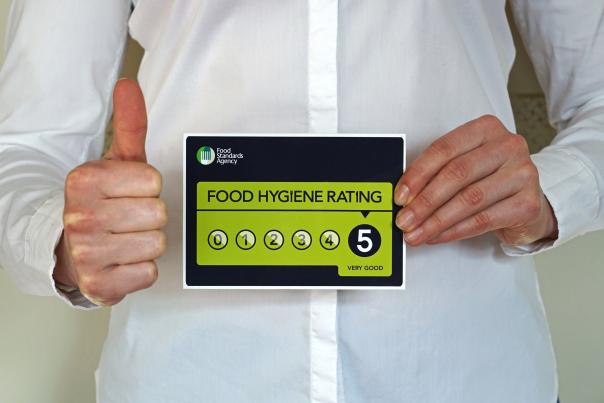
The latest annual data released by the UK Health Security Agency (UKHSA) showed the ‘significant’ rise in illness from Shiga toxin-producing E. coli (STEC) in 2024. STEC are bacteria that can cause gastroenteritis, with symptoms ranging from diarrhoea and stomach cramps, to vomiting and dehydration.
The highest incidence of STEC cases in 2024 was in children aged one to four years-old. Travel-related cases also increased significantly by 60.5% from 114 in 2023 to 183 in 2024.
Professor Chris Elliott, CIEH honorary vice president and food safety expert, said: “The rise in STEC cases outlined in these latest figures is extremely concerning but does follow a worrying pattern, as cases have doubled in England over the past decade and this mirrors other foodborne illness levels such as salmonella and listeria.
“The prevalence of these bacterial illnesses, as well as Cryptosporidiosis cases linked to farms in England and Wales, highlight the importance of people taking steps to prevent infection, especially as they get out and about this summer.
“Environmental Health Officers (EHO) play a key role in working with food businesses to ensure they are meeting their legal obligations in terms of hygiene and food safety. We would urge the public to check the Food Hygiene Rating Scheme rating for premises before they eat out to give them assurance that the venue they are attending is meeting these obligations and that the food is safe to eat.”